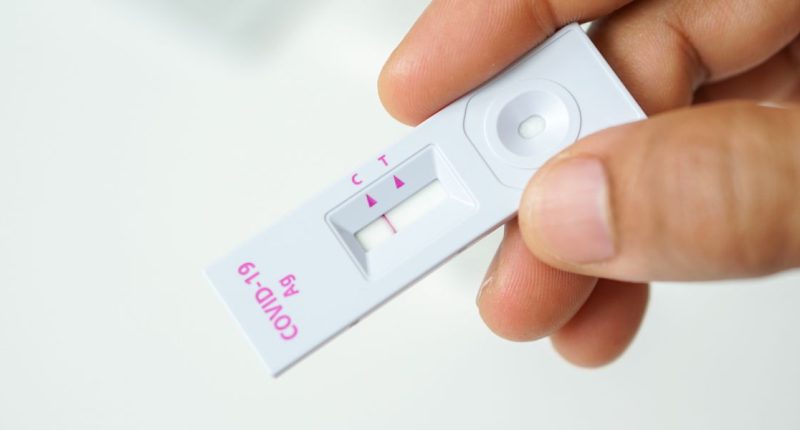Scientists have discovered the mechanism by which COVID-19 brings on diabetes and makes it worse in those who have the condition already.
Exposure to the virus activates immune cells which attack beta cells, the pancreatic cells which produce insulin.
During the pandemic, doctors noticed that COVID-19 affected not just the lungs but also the heart, liver, colon and pancreas.
- New study identifies healthy foods that increase diabetes risk in children
- How bats regulate their blood sugar levels could lead to new therapies for metabolic conditions like diabetes
- Diabetes-associated brain ageing prevented by healthy lifestyle
For this latest study, researchers from Weill Cornell Medicine in New York analysed pancreatic tissue from people who had died of COVID-19, noting that the pancreatic islets, the bits of the pancreas that generate insulin, were damaged.
Looking at the samples in more detail, they found immune cells called proinflammatory macrophages. These cells kill off pathogens but they sometimes cause damage to healthy tissues.
The research team then used a model system that has never been used before – pancreatic islet organoids (mini organs) that include a vascular system and immune cells.
They infected the organoids with SARS-CoV-2 (the virus which causes COVID-19) and found the beta cells were being killed off through a type of cell death called pyroptosis.
Co-corresponding author Shuibing Chen, from Weill Cornell Medicine, said: “There has long been a hypothesis in the field that certain viral infections may trigger type 1 diabetes.
- Best exercises for people with type 1 diabetes outlined in new research
- Children whose mothers have type 1 diabetes less likely to have condition than if their father does
- Type 1 diabetes among youths with presymptomatic symptoms was higher during pandemic
“But we were able to show how this happens in the context of COVID-19 infection.”
Co-corresponding author Dr Robert Schwartz commented: “When someone has severe COVID-19, of course the first priority is to treat the life-threatening symptoms. But moving forward, there may be a way to develop clinical therapeutics that help avoid later injury to organs like the pancreas.”
Read more in Cell Stem Cell.




